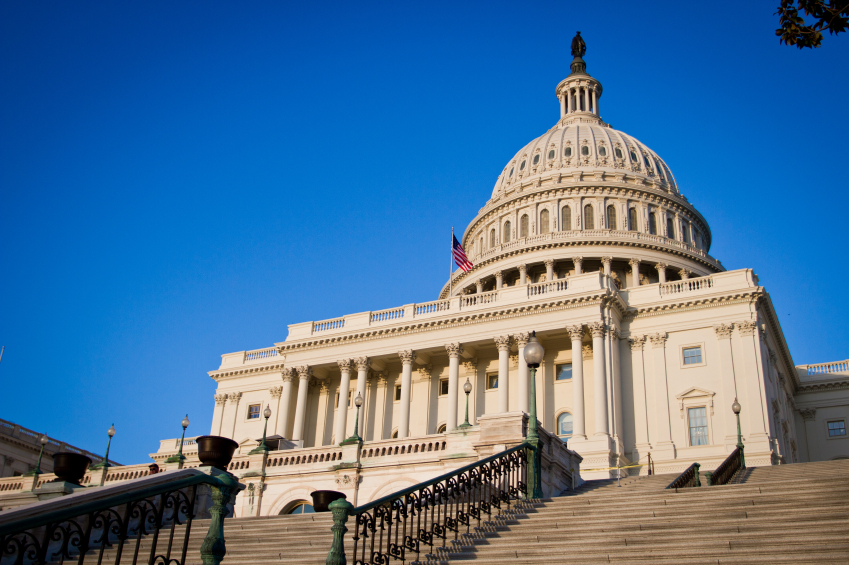New York Times’ Columnist Joe Nocera: “The Patent Troll Smokescreen”

New York Times’ columnist Joe Nocera recently summed up the patent legislation debate by asking one simple question:
“What if, in the name of cracking down on trolls, Congress passes an anti-troll law that winds up having huge negative consequences for legitimate inventors?”
As Nocera explains in his column, if sweeping patent legislation now under consideration in Congress (H.R.9, the Innovation Act, and S.1137, the PATENT Act) were to pass, the work of small inventors and university-based researchers would be among the biggest casualties. These mainstays of American innovation would be unable to effectively defend their inventions from infringement. In describing H.R.9 and S.1137, Nocera writes:
“[These bills] are once again allegedly aimed at trolls — but will, once again, effectively tilt the playing field even further toward big companies with large lobbying budgets . . . For the sake of real innovation, and in the name of the small inventor, who holds a special place in America’s mythology, the pendulum needs to start swinging in the other direction.”Nocera further describes how patent holders are already at a disadvantage under current laws and increasingly subject to a practice known as “efficient infringing.” He writes:
“[Efficient infringing] is the relatively new practice of using a technology that infringes on someone’s patent, while ignoring the patent holder entirely. And when the patent holder discovers the infringement and seeks recompense, the infringer responds by challenging the patent’s validity. Should a lawsuit ensue, the infringer, often a big tech company, has top-notch patent lawyers at the ready. Because the courts have largely robbed small inventors of their ability to seek an injunction — that is, an order requiring that the infringing product be removed from the market — the worst that can happen is that the infringer will have to pay some money.”
Please urge your members of Congress to oppose H.R.9 and S.1137 by clicking the button below.
We can address abusive litigation without weakening patent protections that have been driving innovation, economic growth and job creation in America for more than 200 years.
